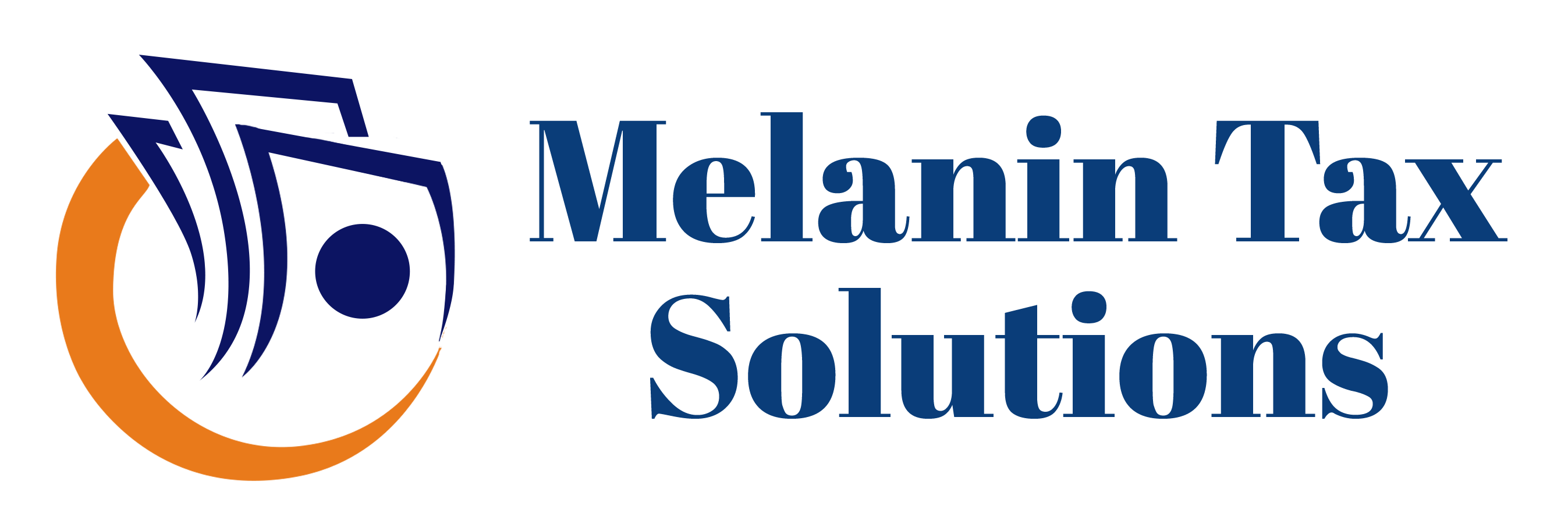Freelancing and gig work have become increasingly popular career paths, providing flexibility and the opportunity to be your own boss. While these roles come with many benefits, they also carry specific tax obligations that can be overwhelming if you’re unprepared. Gain insight into the essential tax considerations for freelancers and gig workers to help you avoid common pitfalls and make the most of your income.
1. The Basics of Self-Employment Taxes
When you work as a freelancer or gig worker, you are considered self-employed. This means you are responsible for paying self-employment taxes, which cover both Social Security and Medicare. Typically, employees split these taxes with their employers, but as a freelancer, you must cover the full 15.3%. Understanding this can help you set aside the right amount of money throughout the year so you’re not caught off guard when tax season rolls around.
In addition to federal self-employment taxes, don’t forget that you may also owe state and local taxes depending on where you live and work. Each state has different requirements, so make sure you’re familiar with the rules in your area to avoid penalties.
2. The Importance of Quarterly Estimated Taxes
Unlike traditional employees who have taxes automatically withheld from their paychecks, freelancers and gig workers must make estimated tax payments quarterly. These payments help cover both income tax and self-employment tax. Failing to make these quarterly payments can result in penalties when you file your return at the end of the year.
The IRS sets due dates for quarterly tax payments as follows:
- April 15 for income earned from January to March
- June 15 for income earned from April to May
- September 15 for income earned from June to August
- January 15 (of the following year) for income earned from September to December
Calculating estimated taxes can be tricky, especially if your income fluctuates. A common approach is to base your payments on the previous year’s earnings. However, if your income increases or decreases significantly, you’ll need to adjust your payments accordingly.
3. Deductible Business Expenses for Freelancers and Gig Workers
One of the advantages of being self-employed is the ability to deduct business expenses, which can significantly reduce your taxable income. However, it’s essential to know which expenses are deductible and keep detailed records to ensure you take full advantage of these tax breaks.
Here are some common deductions freelancers and gig workers should be aware of:
- Home Office Deduction: If you use part of your home exclusively for business, you can deduct a portion of your rent or mortgage, utilities, and maintenance costs.
- Office Supplies and Equipment: Items like computers, software, and office supplies used for work are deductible.
- Vehicle Expenses: If you use your vehicle for business purposes, you can either deduct actual expenses like gas, repairs, and insurance, or use the standard mileage rate set by the IRS.
- Travel and Meals: Travel costs related to work, including transportation and lodging, are deductible. You can also deduct 50% of meals that are directly related to business activities.
- Health Insurance Premiums: Self-employed individuals can deduct health insurance premiums for themselves and their dependents.
Keeping accurate records of these expenses and saving receipts is crucial to ensure that you’re prepared come tax time.
4. Organizing Your Finances as a Freelancer
Managing your finances is a key aspect of freelancing success. Freelancers and gig workers often juggle multiple income streams, making it vital to keep everything organized. One of the best ways to do this is to separate your business and personal finances by opening a dedicated business account. This separation will make it easier to track income and expenses, and it simplifies the process of filing taxes.
Additionally, consider using accounting software to manage your income and expenses. Many programs are designed specifically for freelancers and small business owners, offering features like invoicing, expense tracking, and tax preparation.
Another tip is to set aside money for taxes with each payment you receive. A general rule of thumb is to save about 25-30% of your income for taxes, which includes both self-employment and income taxes. By doing this, you’ll avoid scrambling for funds when it’s time to pay the IRS.
5. Understanding 1099 Forms and Recordkeeping
As a freelancer or gig worker, you’ll likely receive 1099 forms from each client or platform you work with. These forms report the income you’ve earned throughout the year, but it’s important to note that you’re responsible for reporting all income—even if you don’t receive a 1099.
For example, if you earned less than $600 from a client, they aren’t required to issue a 1099, but you still need to include that income when filing your taxes. This is why keeping thorough records of all payments received is critical. Make sure to track each payment and keep any associated documentation, such as invoices or receipts.
Additionally, the IRS may audit self-employed individuals more frequently due to the potential for underreporting income. Being diligent about your recordkeeping will help you stay compliant and avoid any issues down the road.
Work with Melanin Tax Solutions to Ensure Your Success
Freelancers and gig workers face unique tax challenges that can be overwhelming without the proper knowledge and preparation. From managing quarterly payments to understanding deductions, staying on top of your tax responsibilities is crucial for financial success. By organizing your finances and keeping detailed records, you can minimize your tax burden and avoid common mistakes.
However, tax laws are constantly changing, and it’s easy to overlook deductions or make costly errors. That’s why it’s beneficial to work with a tax professional who understands the nuances of self-employment tax obligations. If you’re ready to take control of your finances and maximize your deductions, reach out to Melanin Tax Solutions today. Our expert team will guide you through the complexities of tax planning, ensuring you keep more of your hard-earned money in your pocket. Contact us to schedule a consultation and secure your financial future!

